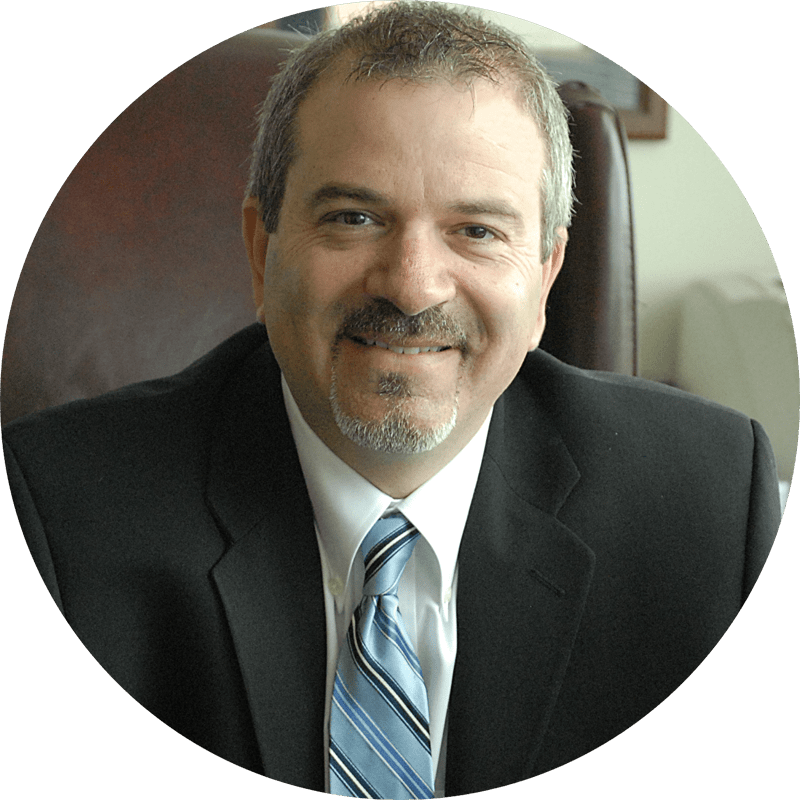If you run into trouble and can’t keep up your Chapter 13 bankruptcy plan payments, the very first thing you should do is make contact with your bankruptcy attorney. If you don’t have an attorney, contact the Chapter 13 trustee. There may be solutions available, but if you simply skip payments your case could be dismissed.
Chapter 13 Plan Payments
Monthly plan payments are at the core of a Chapter 13 bankruptcy case. The Chapter 13 filer makes these payments to the trustee for distribution to creditors, according to the terms of the Chapter 13 plan. As long as plan payments are current and the petitioner complies with any other requirements, a court order prevents creditors included in the plan from trying to collect on past-due balances.
In some cases, the Chapter 13 plan lowers the interest rate on a loan, or even reduces the principal. And, some unsecured debt may be discharged when the plan is successfully completed. But, this all hinges on timely plan payments. Unfortunately, a high percentage of Chapter 13 bankruptcy cases fail. Some of those cases could likely have been saved if the filer had promptly contacted their attorney to explore their options.
Changes in Circumstances During Chapter 13
The possible solutions when you can’t make Chapter 13 plan payments will depend on the reason for the disruption and how long it is expected to last. For example, you might be unable to make your plan payments for a month or two because a medical problem prevented you from working for several weeks. Other disruptions are more enduring, such as job loss or disability.
Short-Term Inability to Pay
If the problem is short-term, such as the medical problem mentioned above, the solution may be as simple as suspending a few payments. In some areas, the Chapter 13 trustee has the discretion to suspend up to three plan payments.

An expert tip from Barry
The U.S. Bankruptcy Court for the Central District of California, where Los Angeles residents file bankruptcy cases, requires that the debtor file a motion to suspend plan payments. In the motion, your attorney will explain what has changed that would justify suspending plan payments.
Longer-Term Changes after Plan Confirmation
Many problems that leave a Chapter 13 filer unable to make plan payments are longer-term, or even permanent. In that situation, of course, suspending payments for two or three months won’t solve the problem. In that situation, some of the possibilities include:
Modifying the Chapter 13 Plan
If your income changes or an unavoidable expense like the need for ongoing medical care arises but you are still able to make some payment to the trustee, you may be able to modify your Chapter 13 plan.
Some of the possibilities for modification may include surrendering secured property to lower plan payments, extending the repayment plan to lower monthly payments, or reducing the amount paid to unsecured creditors.
Converting to a Chapter 7 Case
If you’re eligible for Chapter 7 bankruptcy, you may be able to convert your case and discharge unsecured debt. But, this solution won’t work for everyone. If you filed Chapter 13 to manage secured debt or you have non-exempt assets you want to protect, a Chapter 7 case may not serve your purposes.
Your attorney can advise you on whether you qualify for Chapter 7 and the pros and cons of converting.
Dismissing the Chapter 13 Case
If modification isn’t realistic and you don’t qualify for Chapter 7 or have another reason not to convert, you may simply dismiss your Chapter 13 case. When you dismiss a Chapter 13 case, you lose the protection of the automatic stay. That means creditors and debt collectors can resume collection activity, from calling and sending notices to more serious actions such as debt collection lawsuits and wage garnishment.
Petitioning for a Hardship Discharge
A hardship discharge can be a powerful solution for someone who faces a long-term obstacle to making plan payments or repaying debt. But, this type of discharge isn’t available to everyone who finds themselves unable to pay. For example, a hardship discharge might be granted to someone who has become permanently disabled. But, the bankruptcy court won’t grant a hardship discharge at the expense of unsecured creditors–they must get at least as much as they would have in a Chapter 7 case.
Finding the Right Solution for You
The best option for you will depend on a variety of factors, such as the reason you’re unable to pay, how long-term or short-term the change is, whether you have non-exempt assets, whether you’re reliant on the Chapter 13 plan to keep your home or car, and other variables. One thing is true across the board, though: ignoring the problem won’t help. The sooner you speak with your bankruptcy attorney about your options, the better opportunity you will have to find a solution that works for you.
If you filed for bankruptcy without an attorney and are unable to keep up your Chapter 13 payments, it is in your best interests to consult a local bankruptcy lawyer about your options.
